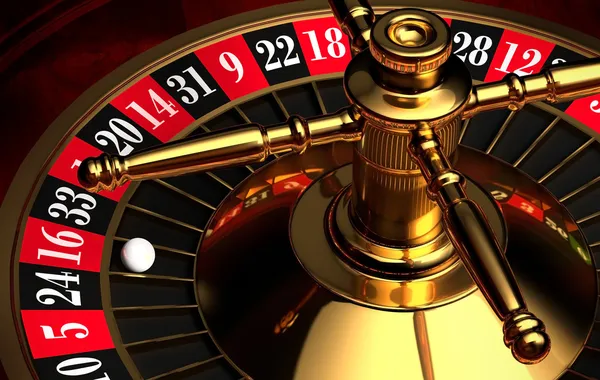New York casinos are increasingly offering high roulette as part of their table game selection, reflecting New York state’s commitment to expanding gambling options for locals and visitors alike.
A roulette wheel contains 37 slots numbered from 1 to 36. Each spin is independent from its predecessor; when one ball falls in any one slot it will randomly disperse into all other slots on the wheel.
Game
Roulette is played using a wheel with 36 numbers and one zero or double zero (in American roulette). A croupier spins the ball around this wheel while players place bets on specific numbers or groups of numbers with various probabilities of either winning or losing; these probabilities provide information on what constitutes house edge in any particular game.
There are various strategies for playing roulette, but none can alter the odds in favor of the player. One popular approach is using a martingale betting system whereby bets are doubled after every loss in order to try again next spin and possibly win it all back. While this can work, only if you have enough funds available until winning or hitting table limits comes around; otherwise you’ll quickly run out.
Rules
Roulette is a casino game in which players place chips on a table to place bets on where the ball will land. Bets range from inside and outside bets, with odds varying for each type. Outside bets cover larger groups of numbers while inside bets involve selecting either an exact number or small groupings of adjacent numbers. Some players attempt to beat the house edge by employing betting systems; however, many rely on what is known as gambler’s fallacy – the fallacy that past results accurately reflect future results.
Blaise Pascal of France first created this game over 300 years ago. He is best-known for creating foundational philosophical treatises and pioneering modern geometry research while making significant strides in physics and probability theory research.
Payouts
Payouts in roulette vary based on the type of bet you make. Outside bets such as odd and even have greater odds of success but do not pay as well as inside bets do.
Understanding the payouts in roulette can be essential to creating an effective strategy and increasing your odds of victory. The table below includes payouts and probabilities for various bets as well as house edges in American and European roulette plus any special rules such as “En Prison”. Being aware of your chances can help you plan your bankroll more carefully while avoiding scams and pitfalls when betting online roulette; some games provide this information, otherwise keep this list handy to double check during gameplay.
Variations
Numerous roulette variations exist, each featuring its own wheel configuration that influences odds. While these differences may seem minor at first glance, they can significantly impact payouts of specific bets.
Though winning at roulette may seem challenging, it’s certainly not impossible. There are a number of strategies which may increase your chances, such as using the Martingale system to double your bet when you lose and subtract when you win; though this method is far from foolproof and can quickly become risky.
One way to increase your odds is to focus on outside bets with lower house edges than others, such as betting on individual numbers or groups of numbers (for instance a five-to-one street would pay out 396 chips when successful).
Origins
Roulette’s history dates back centuries. Early mention of its presence can be found in legal documents forbidding its practice, such as Act 18 Geo II of 1745 which read: “Whereas certain pernicious games, such as dice, hoca, faro and roulette are regularly practiced”.
There are various theories concerning the origins of the game of backgammon; among the more prevalent is that its invention was by French scientist Blaise Pascal during his monastic retreat in 1655.
There are various betting systems that claim to beat the odds of roulette, yet most rely on what’s known as “gambler’s fallacy”, or believing past results indicate future results. Stake-limits might affect gamblers from different wealth levels differently; an online experiment was conducted using incentivized payouts and PS2 stake-limits for an examination of this phenomenon.




